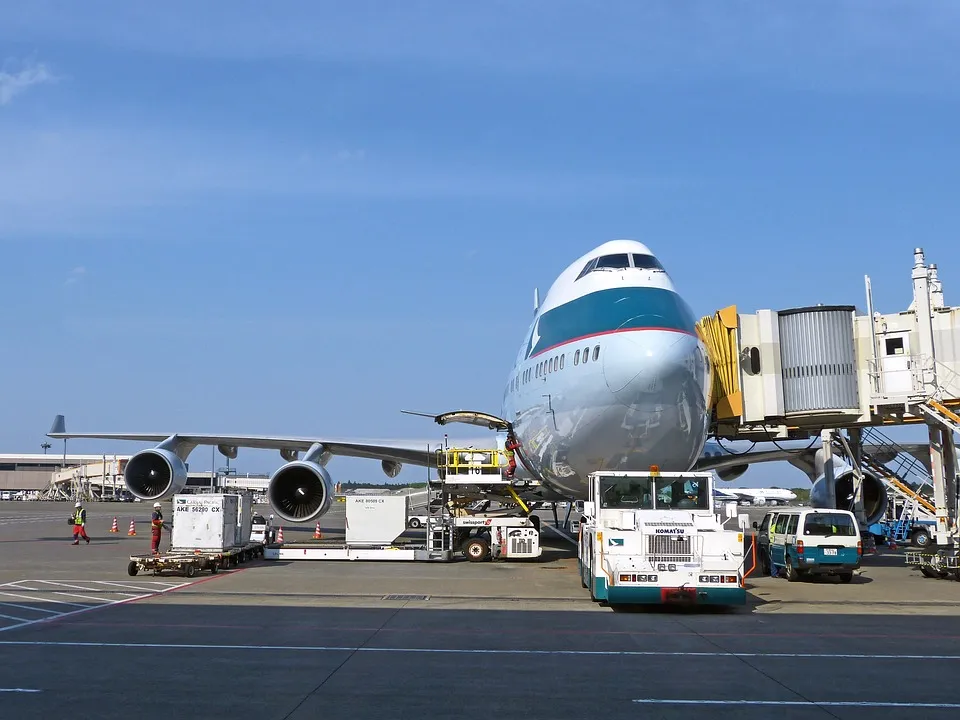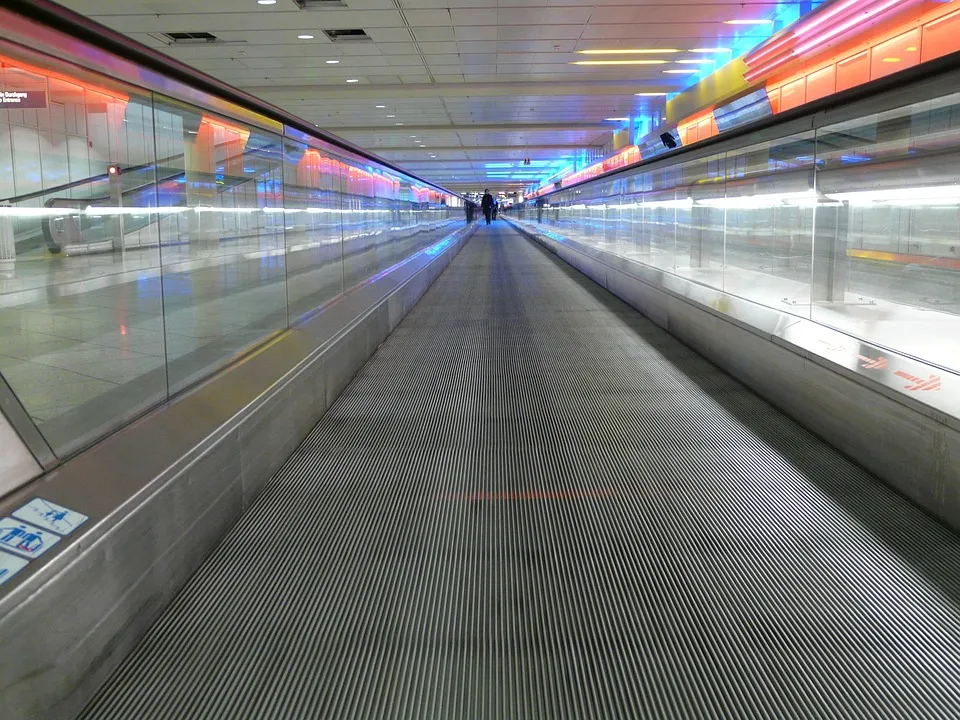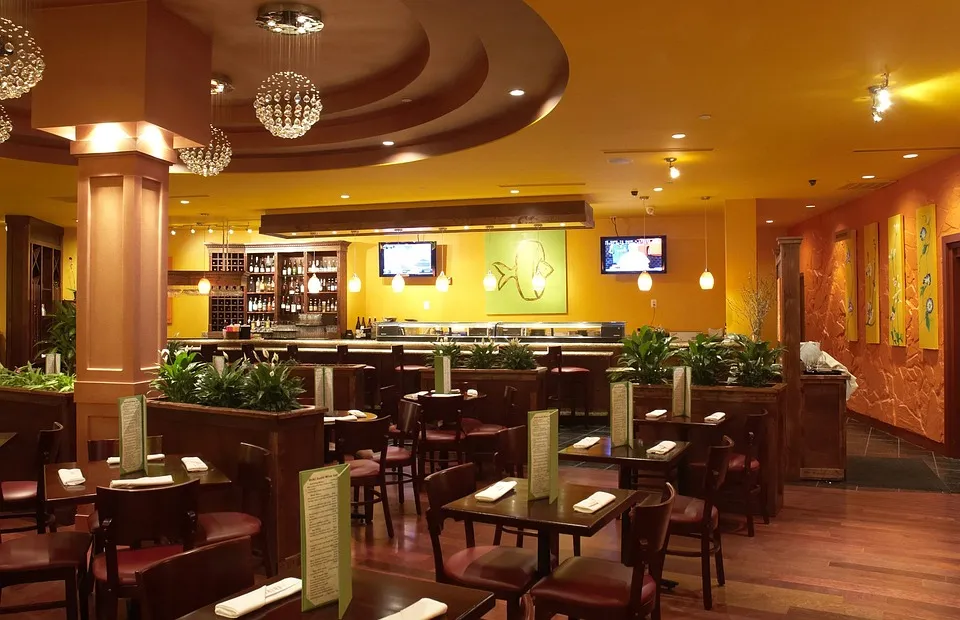
When airports and travel plans had to come to a halt a few months ago, there was a popular airport spa chain known as XpresSpa that had faced the reality have having to close. This business had been deemed a non-essential business, when lock-downs around the United States had been implemented over the coronavirus. This meant that hundreds of employees would be out of work and there wasn't any clear idea of when things might return to normal.
For businesses that are scattered across a variety of industries, it soon became necessary for them to immediately consider altering their business model if they wanted to survive.
They sought to revamp their spas into testing facilities that would be stationed in different airports. By May they had been able to launch their first testing program and they ran through hundreds of tests each day, about 500 people at the airport.

Once they faced the reality of having to close then it didn't take long for the group behind the XpresSpa company to reach out to the CDC and U.S. Department of Health and Human Services to try and get their new plan rolling. They were also looking to work with private labs around the nation as well.
More than 40 testing locations.

Other businesses have been forced to do the same, whether it be restaurants now offering groceries and at-home cooking kits, or distilleries offering hand sanitizier, small artisans and craft-makers offering face masks etc, there have been thousands of changes made to weather that unexpected storm.
This further goes to show how those businesses and owners who are more adaptable, can often times gain more freedom to be creative in what services or products they offer and that helps to keep them going when others might fail.
For those who didn't recently adapt for example, and seek to make new online sales in the past few months, or find new ways to connect with their clients etc, they could be struggling much more to come back from it all.
Pics:
pixabay